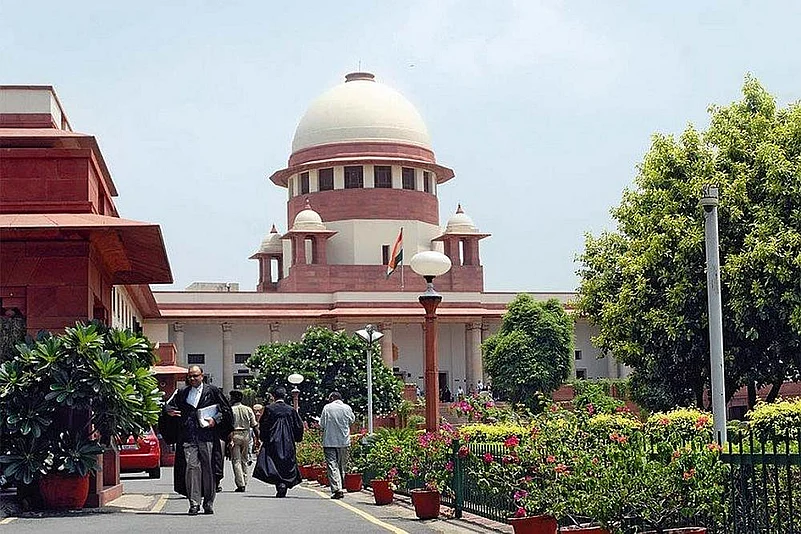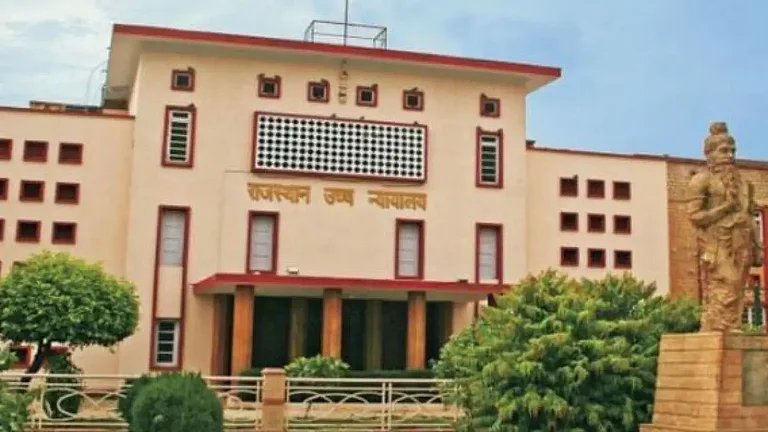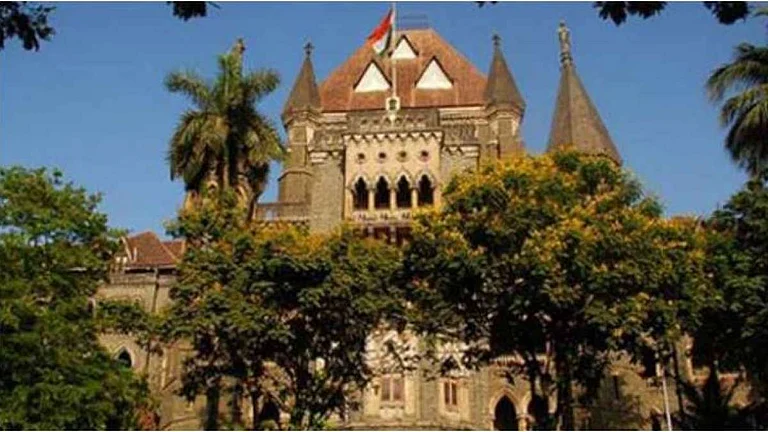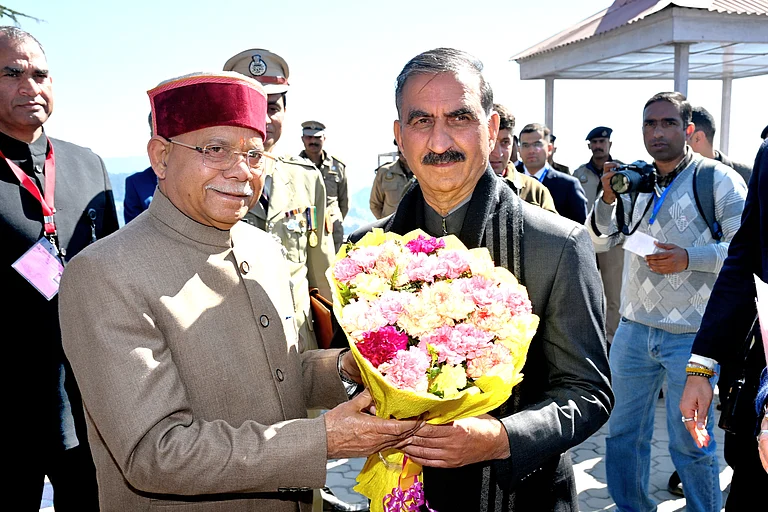
Summary of this article
The Maharashtra government on Tuesday asserted in the Supreme Court that courts cannot give assent to bills passed by the state assemblies
Senior advocate Harish Salve, representing Maharashtra, made the submissions
Previously, a bench-led by Justice J B Pardiwala invoked apex court's power under Article 142 to grant assent to Tamil Nadu bills
The Maharashtra government on Tuesday asserted in the Supreme Court that courts cannot give assent to bills passed by the state assemblies as the power is only vested in Governors or President. The argument was made before a five-judge Constitution bench led by Chief Justice of India B R Gavai.
Senior advocate Harish Salve, representing Maharashtra, made the submissions in the hearing over the presidential reference on whether the court could impose timelines for governors and the President to deal with bills passed by state assemblies, PTI reported.
“The court cannot issue a writ of mandamus asking the governors to grant assent to bills… Assent to a law cannot be given by the court. Assent to a law has to be given either by governors or by President,” Salve submitted before the bench, also comprising Justices Surya Kant, Vikram Nath, P S Narasimha and A S Chandurkar.
While making a reference to Article 361 of the Constitution, Salve said President, or Governor “shall not be answerable to any court for the exercise and performance of the powers and duties of his office or for any act done or purporting to be done by him in the exercise and performance of those powers and duties". He further asserted that the court can only inquire into the decision but cannot ask why you have taken a decision.
Previously, a bench-led by Justice J B Pardiwala invoked apex court's power under Article 142 to grant assent to Tamil Nadu bills. Referring to Article 200, which deals with the powers of governors with regard to bills, Salve said this provision does not set out a time limit under which the Governor has to act. Discussions and deliberations might take 15 days and at times, even take six months, he said.
“If the court accepts the position of existence of power to withhold assent, then the court cannot ask as to why he withheld assent.” Salve continued, “Without making the Governor answerable, there is no test to examine the correctness of withholding (assent to a bill) and that means, the inability on the part of the court to examine." Governor’s authority to withhold assent is constitutionally recognised, though using the term “veto” would be misleading, he added.
“Calling it veto is an uncharitable characterisation… but yes, Governor has the power to withhold. It is inherent in Article 200, and consistent with Article 201 which allows the Union to withhold assent even if the bill is within the state List,” Salve said.
Earlier the bench asked whether the judiciary would be left powerless if Governor simply refused to act.
With PTI inputs






















